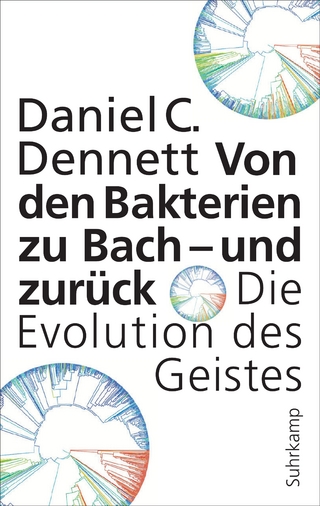
Bayesian Epistemology
Oxford University Press (Verlag)
978-0-19-927040-8 (ISBN)
Probabilistic models have much to offer to philosophy. We continually receive information from a variety of sources: from our senses, from witnesses, from scientific instruments. When considering whether we should believe this information, we assess whether the sources are independent, how reliable they are, and how plausible and coherent the information is. Bovens and Hartmann provide a systematic Bayesian account of these features of reasoning.
Simple Bayesian Networks allow us to model alternative assumptions about the nature of the information sources. Measurement of the coherence of information is a controversial matter: arguably, the more coherent a set of information is, the more confident we may be that its content is true, other things being equal. The authors offer a new treatment of coherence which respects this claim and shows its relevance to scientific theory choice.
Bovens and Hartmann apply this methodology to a wide range of much discussed issues regarding evidence, testimony, scientific theories, and voting. Bayesian Epistemology is an essential tool for anyone working on probabilistic methods in philosophy, and has broad implications for many other disciplines.
Stephan Hartmann is Chair of Philosophy of Science at LMU Munich, Alexander von Humboldt Professor, and Co-Director of the Munich Center for Mathematical Philosophy (MCMP). From 2007 to 2012 he worked at Tilburg University, The Netherlands, where he was Chair in Epistemology and Philosophy of Science and Director of the Tilburg Center for Logic and Philosophy of Science (TiLPS). Before moving to Tilburg, he was Professor of Philosophy in the Department of Philosophy, Logic and Scientific Method at the London School of Economics and Director of LSE's Centre for Philosophy of Natural and Social Science. His primary research and teaching areas are philosophy of science, philosophy of physics, formal epistemology, and social epistemology.
Introduction ; 1. Information ; 2. Coherence ; 3. Reliability ; 4. Confirmation ; 5. Testimony ; Epilogue ; Appendix
| Erscheint lt. Verlag | 1.2.2004 |
|---|---|
| Zusatzinfo | numerous figures |
| Verlagsort | Oxford |
| Sprache | englisch |
| Maße | 166 x 214 mm |
| Gewicht | 215 g |
| Themenwelt | Geisteswissenschaften ► Philosophie ► Erkenntnistheorie / Wissenschaftstheorie |
| Geisteswissenschaften ► Philosophie ► Logik | |
| Mathematik / Informatik ► Mathematik | |
| Naturwissenschaften | |
| Wirtschaft ► Allgemeines / Lexika | |
| Wirtschaft ► Volkswirtschaftslehre | |
| ISBN-10 | 0-19-927040-6 / 0199270406 |
| ISBN-13 | 978-0-19-927040-8 / 9780199270408 |
| Zustand | Neuware |
| Informationen gemäß Produktsicherheitsverordnung (GPSR) | |
| Haben Sie eine Frage zum Produkt? |
aus dem Bereich

![Was heißt Denken?. Vorlesung Wintersemester 1951/52. [Was bedeutet das alles?] - Martin Heidegger](/media/113619842)
